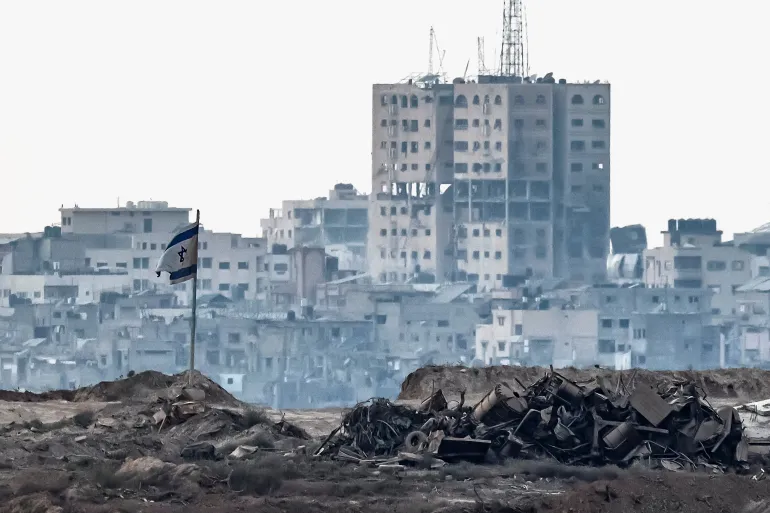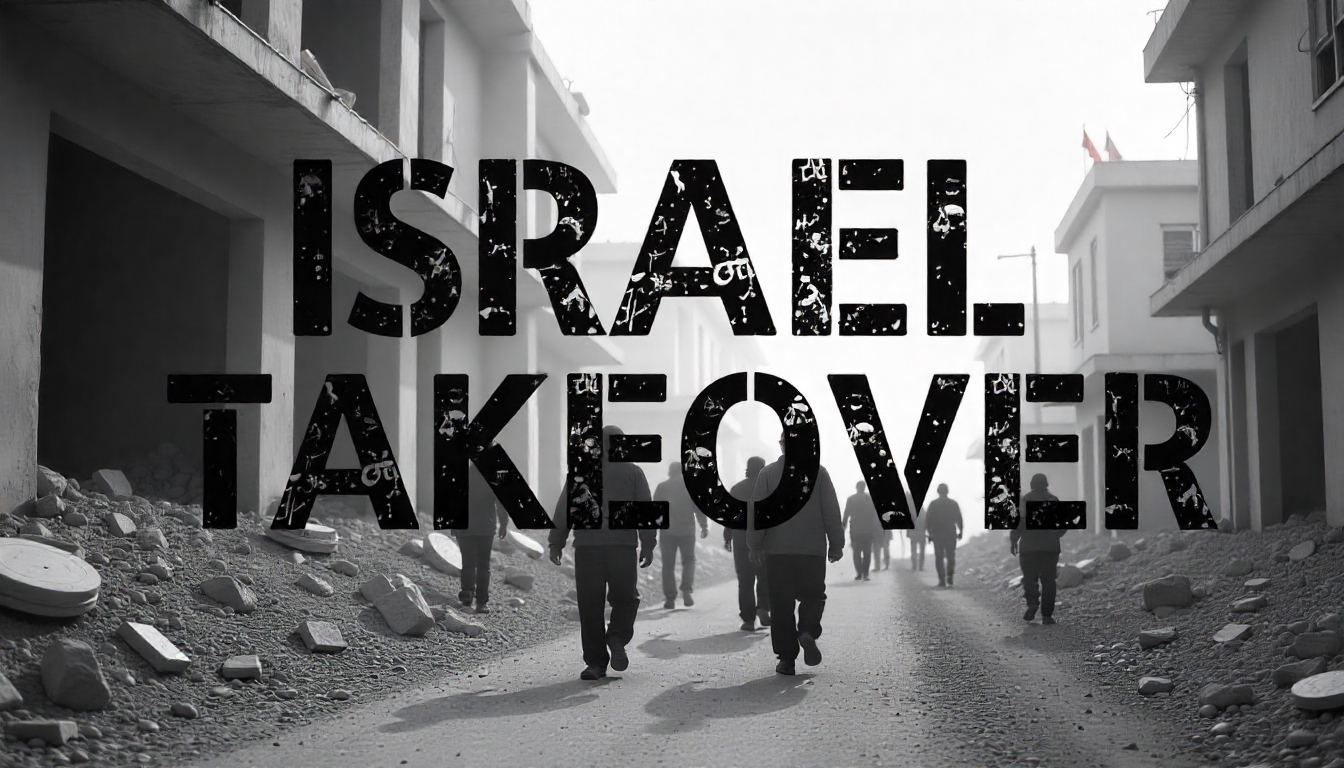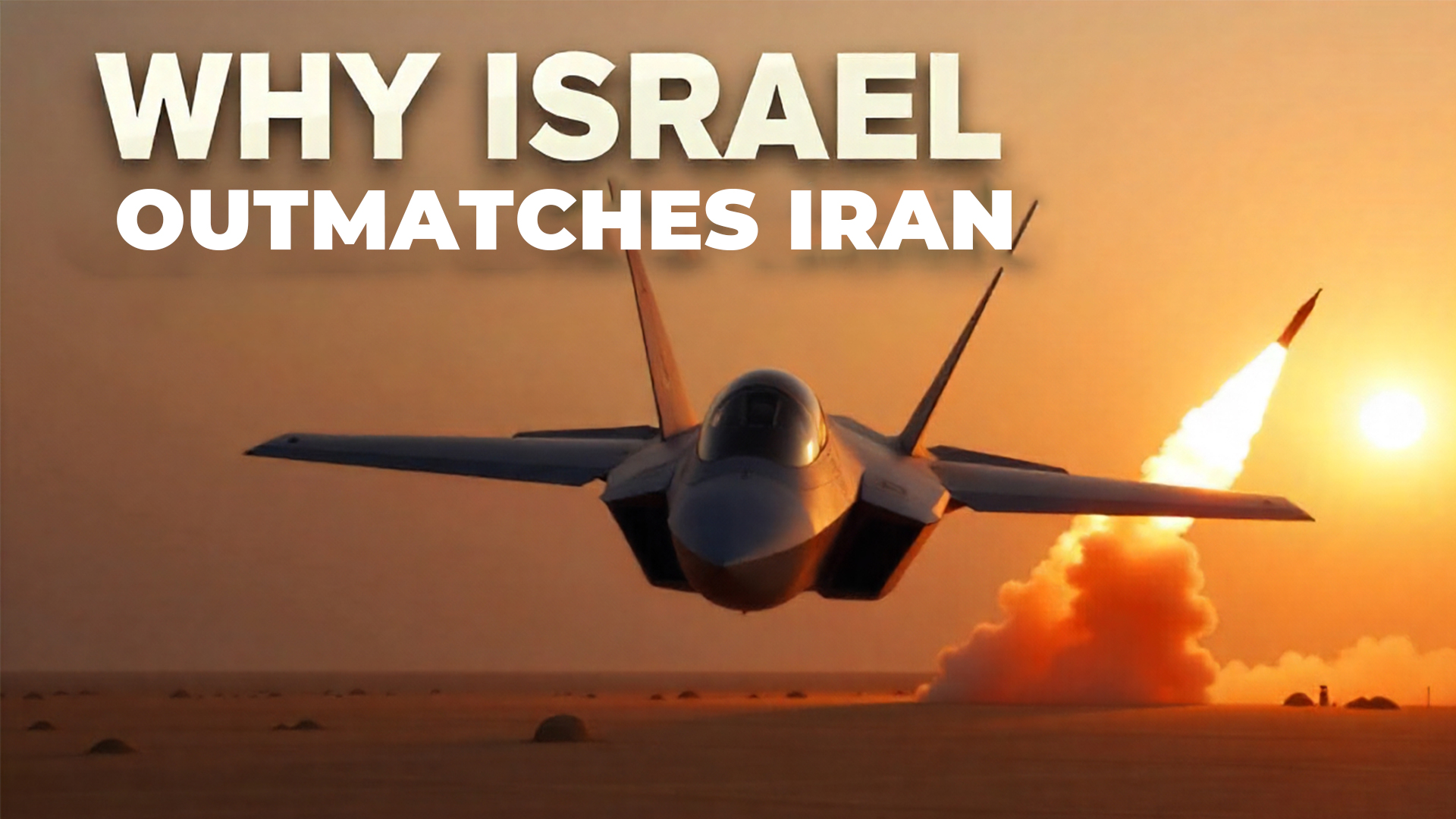A New Chapter in the Israel-Hamas Conflict
In a move that has sparked widespread international condemnation and heightened fears of an escalating humanitarian crisis, Israel’s Security Cabinet has approved a plan to take military control of Gaza City, the largest urban center in the Gaza Strip. Announced on August 8, 2025, the decision marks a significant escalation in Israel’s ongoing 22-month war with Hamas, raising concerns about the fate of Palestinian civilians, Israeli hostages, and the broader stability of the region. This article explores the details of the plan, its potential implications, and the global reaction it has provoked.
The Plan: A Phased Takeover of Gaza City
The Israeli government, led by Prime Minister Benjamin Netanyahu, has outlined a phased strategy to seize Gaza City, which is home to roughly half of Gaza’s estimated 2 million residents. According to reports, the plan involves issuing an evacuation notice to approximately 1 million civilians, giving them until October 7, 2025—the two-year anniversary of Hamas’s deadly attack on Israel—to relocate to central Gaza camps or the southern Mawasi humanitarian zone.
The operation, expected to last four to five months, will focus initially on Gaza City and central Gaza camps, areas where the Israeli Defense Forces (IDF) have so far avoided large-scale ground operations due to the presence of hostages and dense civilian populations. The plan aims to dismantle Hamas’s remaining infrastructure, secure the release of approximately 50 hostages (20 of whom are believed to be alive), and establish “Israeli security control” over the region. Netanyahu’s office has emphasized that the goal is not permanent occupation but rather the demilitarization of Gaza, the disarmament of Hamas, and the creation of a new civilian administration unaffiliated with either Hamas or the Palestinian Authority.
The strategy includes provisions for humanitarian aid distribution in coordination with the United States, with plans to expand aid sites to mitigate the worsening crisis in Gaza. However, the forced displacement of civilians and the military’s advance into densely populated areas have raised alarms about the potential for increased civilian casualties and further disruption of aid efforts.
International and Domestic Backlash
The announcement has drawn swift and near-universal condemnation from world leaders, humanitarian organizations, and even some voices within Israel. The United Nations, the European Union, and countries including the United Kingdom, Germany, Australia, China, Turkey, and several Arab states have criticized the plan as a dangerous escalation that risks violating international humanitarian law. UN Secretary-General António Guterres called it a “dangerous escalation” that could lead to “forced displacement, killings, and massive destruction,” while British Prime Minister Keir Starmer labeled it “wrong” and urged Israel to reconsider immediately.
Germany has taken concrete action, announcing a suspension of arms exports to Israel that could be used in Gaza, with Chancellor Friedrich Merz citing the plan’s potential to undermine ceasefire efforts and hostage negotiations. Similarly, the foreign ministers of Australia, Germany, Italy, New Zealand, and the United Kingdom issued a joint statement warning that the operation could exacerbate the humanitarian crisis and endanger hostages.
Within Israel, opposition to the plan is significant. The Hostage Relatives Forum, representing families of the captives, described the decision as a “death sentence” for the hostages, arguing that it ignores warnings from military officials about the risks to captives’ lives. IDF Chief of Staff Lt. Gen. Eyal Zamir reportedly opposed a full-scale occupation, cautioning that it could endanger hostages, strain Israel’s military, and lead to a prolonged insurgency akin to a “Vietnam model.” Israeli opposition leader Yair Lapid called the plan a “disaster” that plays into Hamas’s hands by miring Israel in a purposeless occupation.
Palestinians in Gaza City have vowed to resist evacuation orders, with many expressing defiance despite the dire circumstances. “There is nothing left to occupy,” said Maysaa al-Heila, a resident of a displacement camp. “There is no Gaza left.” The Gaza Health Ministry reported that four more people died of starvation in the past 24 hours, bringing the total number of hunger-related deaths to 201, a stark reminder of the enclave’s already catastrophic humanitarian situation.

A damaged Israeli flag flies in Gaza, as seen from Israel on August 7, 2025 [Amir Cohen/Reuters]
Strategic Goals and Risks
Netanyahu’s government frames the takeover as a necessary step to achieve three primary objectives: defeating Hamas, securing the release of hostages, and ensuring Gaza poses no future threat to Israel. The plan comes after months of stalled ceasefire talks, with both Israel and Hamas accusing each other of violating prior agreements. Netanyahu has stated that Israel does not intend to permanently occupy Gaza but seeks to establish a “security perimeter” and hand over governance to “Arab forces” unaffiliated with Hamas or the Palestinian Authority.
However, the plan’s feasibility and consequences are heavily debated. Military officials warn that a ground operation in Gaza City could lead to heavy IDF casualties, with estimates of dozens of soldiers potentially killed and many more wounded. The operation also risks entrenching Israel in a prolonged conflict, with Hamas vowing that any escalation “will not be a walk in the park.” The group has rejected Israel’s plans and signaled readiness for a comprehensive deal to release hostages in exchange for an end to the war and Israeli withdrawal, though negotiations remain stalled.
The humanitarian implications are equally dire. Gaza City, already devastated by 22 months of airstrikes and raids, is one of the few areas not yet under Israeli evacuation orders or designated as a buffer zone. A major ground operation could displace tens of thousands more civilians, further disrupting food and aid distribution in a region on the brink of famine. The Gaza Health Ministry reports that over 61,000 Palestinians have been killed since October 2023, with 152,359 wounded, figures considered reliable by the United Nations.
Global and Regional Implications
The plan has reignited tensions with Israel’s allies and neighbors. In Jordan, home to a large Palestinian population, protests erupted in Amman, with residents expressing outrage and fear that the takeover could extend to the West Bank. The United Arab Emirates, in coordination with Jordan and other nations, conducted its 66th airdrop of humanitarian aid into Gaza, underscoring the international community’s efforts to alleviate the crisis.
Mediators from Egypt and Qatar are reportedly working on a new framework to secure a ceasefire and the release of all hostages in exchange for an Israeli withdrawal, though Hamas has yet to receive details. The United States, while briefed on the framework, has not publicly opposed Israel’s plan, with President Donald Trump stating that the decision is “up to Israel.” However, the U.S. has signaled opposition to annexation, which some far-right Israeli ministers, such as Itmar Ben-Gvir and Bezalel Smotrich, have advocated, raising fears of ethnic cleansing among international observers.
A Precarious Path Forward
Israel’s plan to take over Gaza City represents a high-stakes gamble in a conflict that has already claimed tens of thousands of lives and displaced millions. While the government insists it is necessary to neutralize Hamas and secure hostages, the risks of further humanitarian disaster, international isolation, and prolonged insurgency loom large. The October 7 deadline for civilian evacuation sets a tight timeline for both military preparations and potential diplomatic breakthroughs, but with Hamas and Israel entrenched in their positions, the prospects for peace remain dim.
As the world watches, the international community’s calls for a ceasefire, increased humanitarian aid, and a negotiated two-state solution grow louder. Yet, with Gaza City on the brink of another devastating chapter, the question remains whether Israel’s strategy will achieve its goals or deepen an already intractable conflict.
Sources: Al Jazeera, PBS News, NBC News, The Hill, The Times of Israel, The Forward, DW, KSAT, Newsweek, USA Today, Yahoo, Indian Express, CGTN





